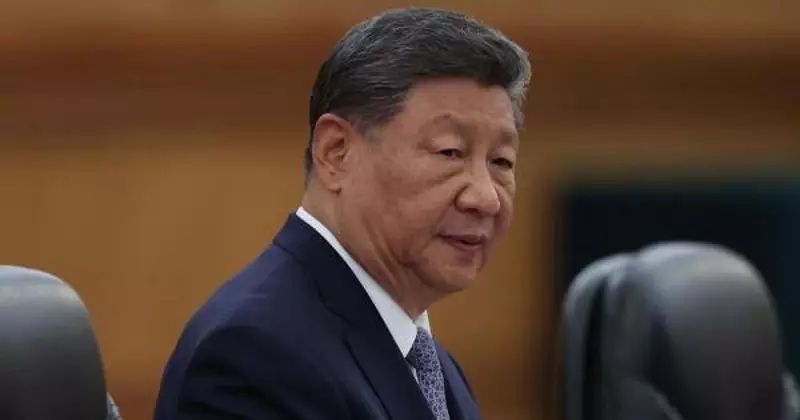
While the world watches for overt conflicts, China has been quietly winning the global trade war through strategic economic maneuvers that have left Western powers struggling to keep pace. New analysis suggests Beijing's approach of economic diplomacy and manufacturing dominance is proving more effective than traditional trade tactics.
The Unconventional Battlefield
Unlike traditional trade wars characterized by tariffs and sanctions, China has adopted a more sophisticated strategy. Through massive infrastructure investments under the Belt and Road Initiative and strategic partnerships across Asia, Africa, and Latin America, Beijing has created an economic ecosystem that bypasses Western-dominated trade routes.
Manufacturing Supremacy as Strategic Weapon
China's control over global manufacturing supply chains, particularly in critical sectors like electronics, pharmaceuticals, and renewable energy, has given it unprecedented leverage. This dominance allows Beijing to influence global markets without engaging in direct confrontation.
Key Strategic Advantages:
- Supply Chain Control: Dominance in rare earth minerals and manufacturing capabilities
- Economic Diplomacy: Strategic investments in developing nations creating dependency relationships
- Technological Advancement: Rapid progress in AI, 5G, and green technology sectors
- Market Size: Leveraging its massive domestic market as bargaining chip
The Western Response Dilemma
Western nations, particularly the United States, find themselves in a challenging position. Traditional trade war tools like tariffs have proven ineffective against China's multi-pronged approach. The complex interdependence of global supply chains means aggressive measures often backfire, hurting Western economies as much as China's.
Regional Impact and India's Position
For India and other Asian economies, China's trade strategy presents both challenges and opportunities. While Chinese manufacturing dominance threatens domestic industries, it also creates potential partnership opportunities in specific sectors. The key lies in navigating this complex landscape without becoming overly dependent on either Western or Chinese economic spheres.
The evolving trade dynamics suggest we're witnessing a fundamental shift in global economic power structures, where traditional military might is being supplemented by economic influence as the primary tool of international diplomacy.






